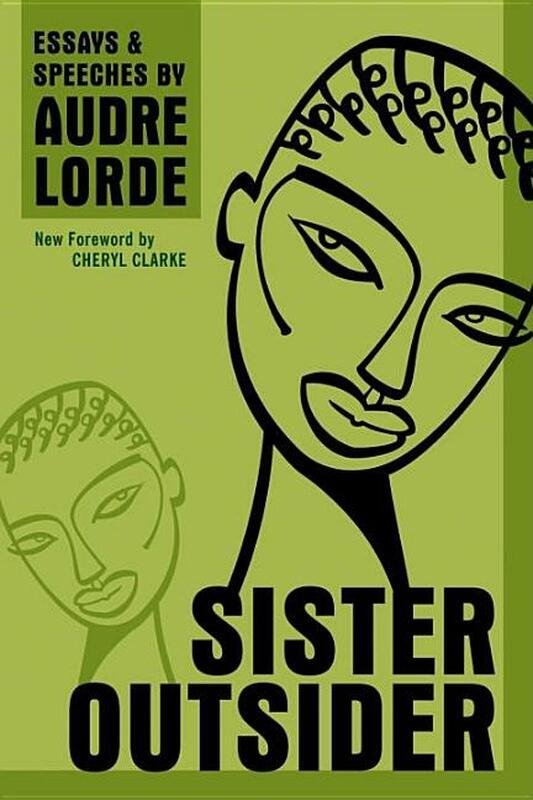“It all seems to me quite horrible. Of course it does. Actual happiness always looks pretty squalid in comparison with the overcompensations for misery. And, of course, stability isn’t nearly so spectacular as instability. And being contented has none of the glamour of a good fight against misfortune, none of the picturesqueness of a struggle with temptation, or a fatal overthrow of passion or doubt. Happiness is never grand.”
-Aldous Huxley
“Never forget that we were enslaved in this country longer than we have been free. Never forget that for 250 years black people were born into chains – whole generations followed by more generations who knew nothing but chains… You must resist the common urge toward the comforting narrative of divine law, toward fairy tales that imply some irrepressible justice. The enslaved were not bricks in your road, and their lives were not chapters in your redemptive history. They were people turned to fuel for the American machine. Enslavement was not destined to end, and it is wrong to claim our present circumstance – no matter how improved – as the redemption for the lives of people who never asked for the posthumous, untouchable glory of dying for their children. Our triumphs can never compensate for this. Perhaps our triumphs are not even the point, Perhaps struggle is all we have because the god of history is an atheist, and nothing about his world is meant to be. So you must wake up every morning knowing that no promise is unbreakable, least of all the promise of waking up at all. This is not despair. These are the preferences of the universe itself: verbs over nouns, actions over states, struggle over hope.”
– Ta-Nehisi Coates
“But race is the child of racism, not the father. And the process of naming “the people” has never been a matter of genealogy and physiognomy so much as one of hierarchy. Difference in hue and hairs is old. But the belief in the preeminence of hue and hair, the notion that these factors can correctly organize a society and that they signify deeper attributes, which are indelible – this is the new idea at the heart of these new people who have been brought up hopelessly, tragically, deceitfully, to believe that they are white.”
– Ta-Nehisi Coates
“We learned early that our devotion to learning, to a life of the mind, was a counter-hegemonic act, a fundamental way to resist every strategy of white racist colonization.”
— Bell Hooks
“The fact that the earth’s atmosphere cannot safely absorb the amount of carbon we are pumping into it is a symptom of a much larger crisis, one born of the central fiction on which our economic model is based: the nature is limitless, that we will always be able to find more of what we need, and that if something runs out, it can be seamlessly replaced by another resource that we can endlessly extract. And it is not just the atmosphere that we have exploited beyond its capacity to recover–we are doing the same to the oceans, to freshwater, to topsoil, and to biodiversity. The expansionist, extractive mindset that has so long governed our relationship to nature is what the climate crisis calls into question so fundamentally. The abundance of scientific research showing we have pushed nature beyond its limits demand not just green products and market-based solutions, but a new civilizational paradigm, one grounded not in dominance over nature but in respect for natural cycles of renewal – and acutely sensitive to natural limits, including the limits of human intelligence.”
— Naomi Klein
“In becoming forcibly and essentially aware of my mortality, and of what I wished and wanted for my life, however short it might be, priorities and omissions became strongly etched in a merciless light, and what I most regretted were my silences.”
— Audre Lorde




